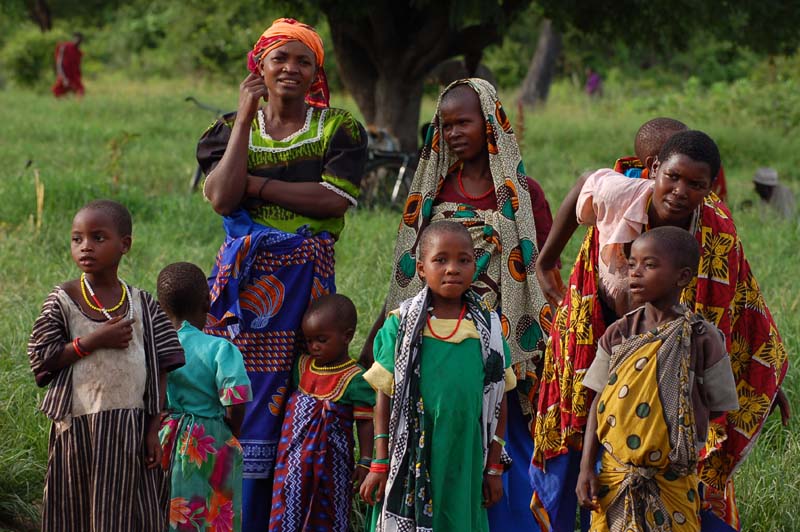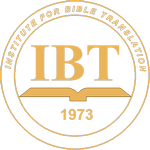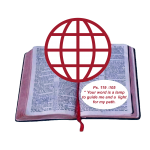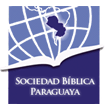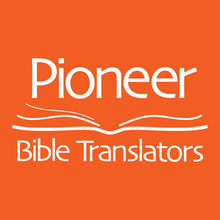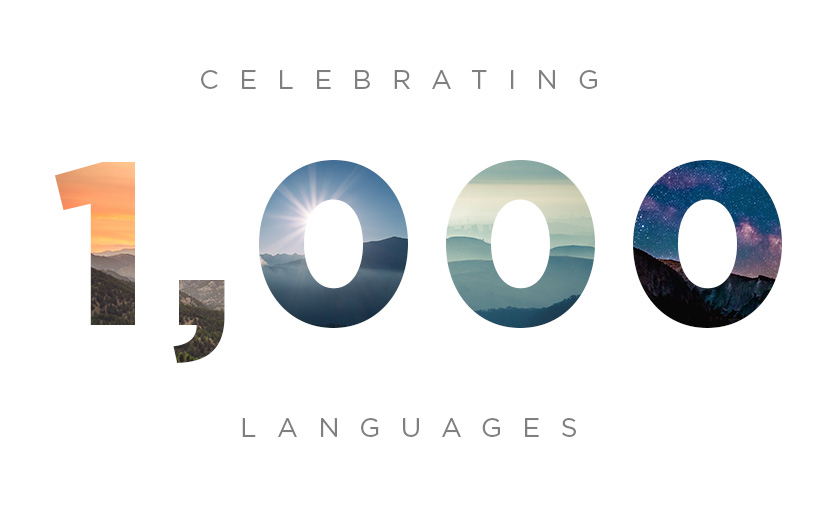
Our mission is to help people engage with God’s Word. And today, thanks to the generosity of our partners, we’re pleased to announce that language number 1,000 comes to us in a Bible. Bibilia Ilagano Lya Kale 2015 is written in Sukuma, the primary language of 7.6 million people in Tanzania, Africa. As incredible as it is to be announcing this milestone, Sukuma is just one of the 81 new languages and 83 new Bible versions that our partners introduced to the Bible App during the last three months alone. (The full list appears below.)
If you came here from an email we sent to you, welcome!
(If you’re not receiving our emails, you can subscribe here.)
We hope that you enjoy the freedom of experiencing God’s Word in your favorite language. If the Bible has impacted your life as profoundly as it has ours, it’s important that you know:
More than a billion people still don’t have a Bible in their language.1
Bible societies, Bible publishers, and copyright holders have worked together to generate a detailed list of which languages do not have their own Bible. Of almost 7,000 languages in the world,2 nearly 2,000 still need translation projects started.3 That sounds like a lot — and it is. But by leveraging today’s technology and communication, it’s within our reach to see the Bible translated into every language…within this generation. And even if you don’t know how to translate, there’s a place for you within this vision:
What if you could help a family like this one get a Bible… just by clicking a button?
It was for families just like this one that the Bible Society of Tanzania developed the Bibilia Ilagano Lya Kale 2015, the Bible that brought Sukuma to the Bible App.5 Tanzania is home to Mount Kilimanjaro, the highest mountain in Africa6 — and to almost 55 million people.7 The Bible is living and active8 among Tanzania’s largest people group,9 the 7.6 million Sukuma: 3.2 million of them are professing Christians.10 And now that they can use Bibilia Ilagano Lya Kale 2015 in the Bible App, they can engage with God’s Word wherever they go, and even more easily share it with others.
Why now?
In 2011, more than half of all Tanzanians (32 million) had a mobile device, with mobile services there rapidly on the rise.11 Just as in other parts of the world, affordable smartphones have introduced many Tanzanians to their first computing devices — and to their first internet access.12 In developing countries, smartphones not only connect people with more news and information, but even with education, healthcare, and financial services.13 And with more than half of Tanzania’s population (64%) under age 25,14 it’s more important than ever that we equip this generation with God’s Word right wherever they are — through their mobile devices.
Don’t miss this chance to join in what God is doing in the world.
Bibilia Ilagano Lya Kale 2015 is just one of over 1,300 Bibles — and Sukuma just one of 1,000 languages — that now help people engage with God’s Word in their own language in the Bible App. We do what we do because the Bible changed our lives. We hope it’s changed your life, too.
Our partners are working to ensure that every person on Earth will have that same opportunity: to experience God’s Word in their own language. What will happen when that vision is fulfilled? Let’s find out! Get involved. Just tap on any of these Bible partners to see how you can become a part of this incredible mission:
Sources:
- “Mission,” Every Tribe Every Nation.
- “How many languages are there?” BBC.
- “Mission,” Every Tribe Every Nation.
- “Sukuma People,” photo by paulshaffner, used under Creative Commons license 2.0. (Mr. Shaffner is not affiliated with YouVersion or with the Bible Society of Tanzania.)
- Bibilia Ilagano Lya Kale 2015, Bible.com.
- “Tanzania: Geography,” Wikipedia.
- “Country: Tanzania,” Joshua Project.
- Hebrews 4:12.
- “Sukuma (People),” Encyclopædia Brittanica.
- “Sukuma in Tanzania,” Joshua Project.
- “Communications: Telephone system” and “Telephones – mobile cellular,” CIA Factbook: Tanzania.
- “2.2 Mobile driving innovation across the world,” GSMA Global Mobile Economy Report 2016, p. 25.
- “Mobile plays key role in socio-economic development,” GSMA Global Mobile Economy Report 2016, p. 4.
- “People and Society: Age structure,” CIA Factbook: Tanzania.
This post is also available in: German Spanish French Dutch Portuguese Russian Chinese (Simplified) Chinese (Traditional) Korean

